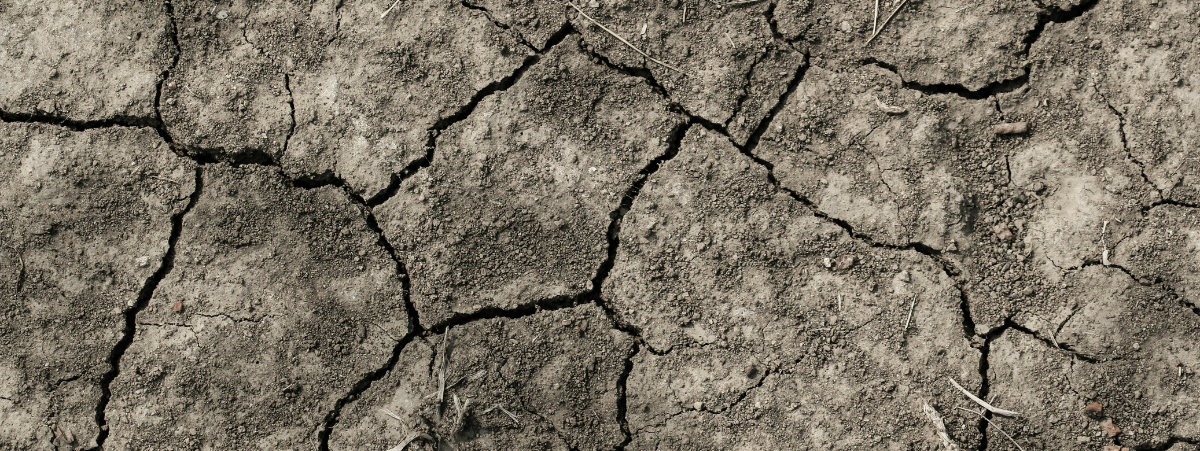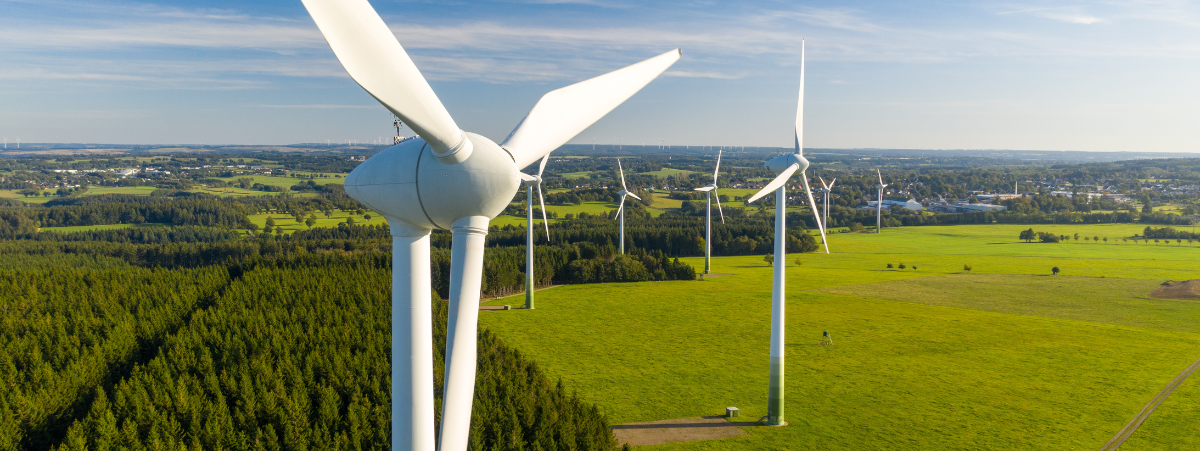- Partnership between Azolla Projects and ClimateTrade seeks to quantify the environmental impacts of regenerative agriculture and generate carbon credits to finance it
- Methodology will be developed within the framework of the European Union’s proposed law on the certification of carbon removals in the agricultural sector, published on November 30
- Regenerative agriculture is a sustainable solution mitigating climate change and soil desertification
Valencia, December 1, 2022 – Azolla Projects, the first carbon farming program in Spain that seeks to transform the current agricultural model into a regenerative agriculture model, and ClimateTrade, a blockchain-based climate solutions provider, have launched a program to generate carbon credits in the Spanish agricultural sector. The project falls within the framework of the proposed European Union law on activities to reduce and capture CO2 emissions, including carbon farming – the sequestration of carbon in agricultural soils – which was launched yesterday (November 30).
The first carbon farming regulatory sandbox project in Spain will start in the spring of 2023 and will unite farmers, public administration, technology centers, private companies and the financial sector in a working group. Its purpose is to develop an impact measurement methodology on 3,000 hectares of land in Catalonia and Aragon, where regenerative agriculture practices will be implemented to improve CO2 sequestration in the soil.
“Azolla Projects intends to encourage the transition of the primary sector towards a regenerative model by creating a regulatory framework adapted to the local reality. Being able to financially compensate farmers for their work to restore and maintain ecosystem services, which have been degraded due to the current agro-industrial model, is key to catalyze this transition. This and other tools are going to be developed in this first project,” says Orson Acosta Romero de Tejada, CEO and Co-founder of Azolla Projects.
Led by Azolla Projects, the initiative will be carried out with the participation of ClimateTrade, the Agro-Food Cooperatives of Aragon, the Spanish Office for Climate Change, Agroassessor, ECODES, BC3 Basque Center For Climate Change, and the BETA Technology Center.
Once the methodology is completed, carbon credits will be generated and verified through ClimateTrade’s digital verification platform, the D-MRV.
“At ClimateTrade we never stop looking for efficient solutions to combat climate change, and we believe that carbon farming is one of them, as well as contributing to national and global food security. We are very proud to join forces with Azolla to develop a project that can serve as a blueprint for the sector,” adds José Lindo, Co-Founder of ClimateTrade.
The regenerative agriculture model makes it possible to mitigate the effects of climate change and biodiversity loss, and reduce water footprint and soil erosion. It does this through the elimination of mechanical and chemical field treatments such as tillage and pesticides, and the use of cover crops and animals to nourish the soil and stimulate its biodiversity. In addition, it produces organic food with limited use of fertilizers, promoting self-sufficiency for farmers and the country. However, the lack of data on the environmental and economic impact of regenerative agriculture often prevents its financing and implementation on a large scale.
On November 11, members of the European Parliament adopted a resolution to increase net carbon removals by natural sinks through land use, forestry and agriculture to 310 million tonnes of CO2 equivalent by 2030. Carbon farming will be key to the implementation of this agreement, and the bill announced on November 30 by the European Union aims to standardize the certification of these projects. With their first carbon capture project, Azolla and ClimateTrade propose to develop a data-driven methodology to ensure the impact of these activities and mobilize more funds to fight climate change.







